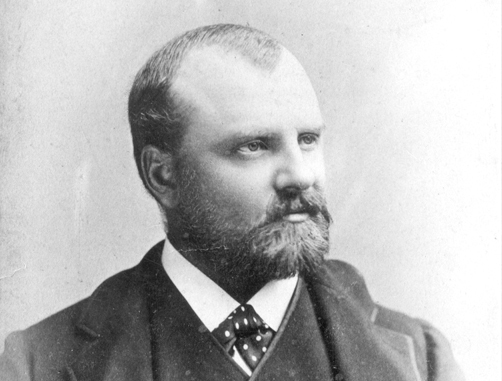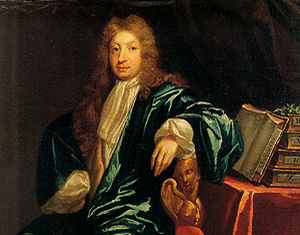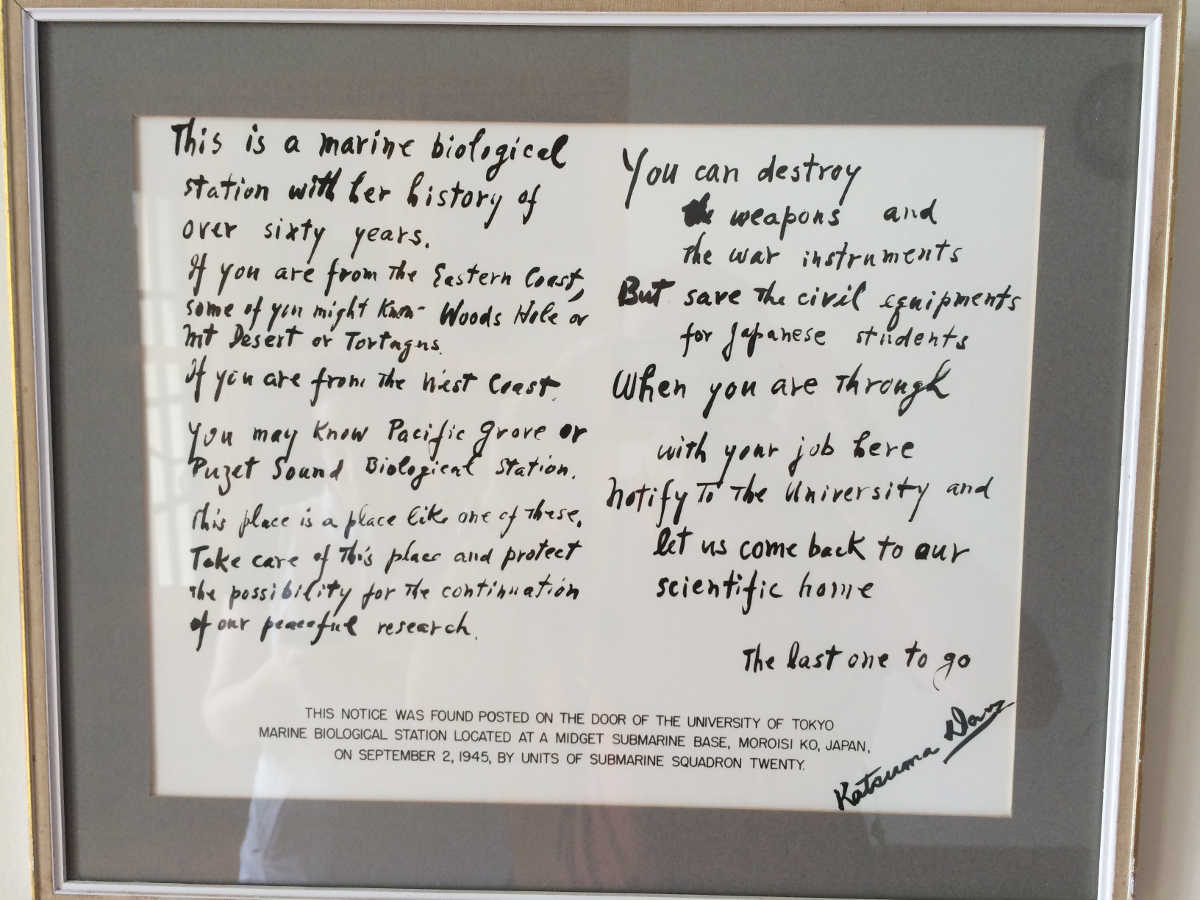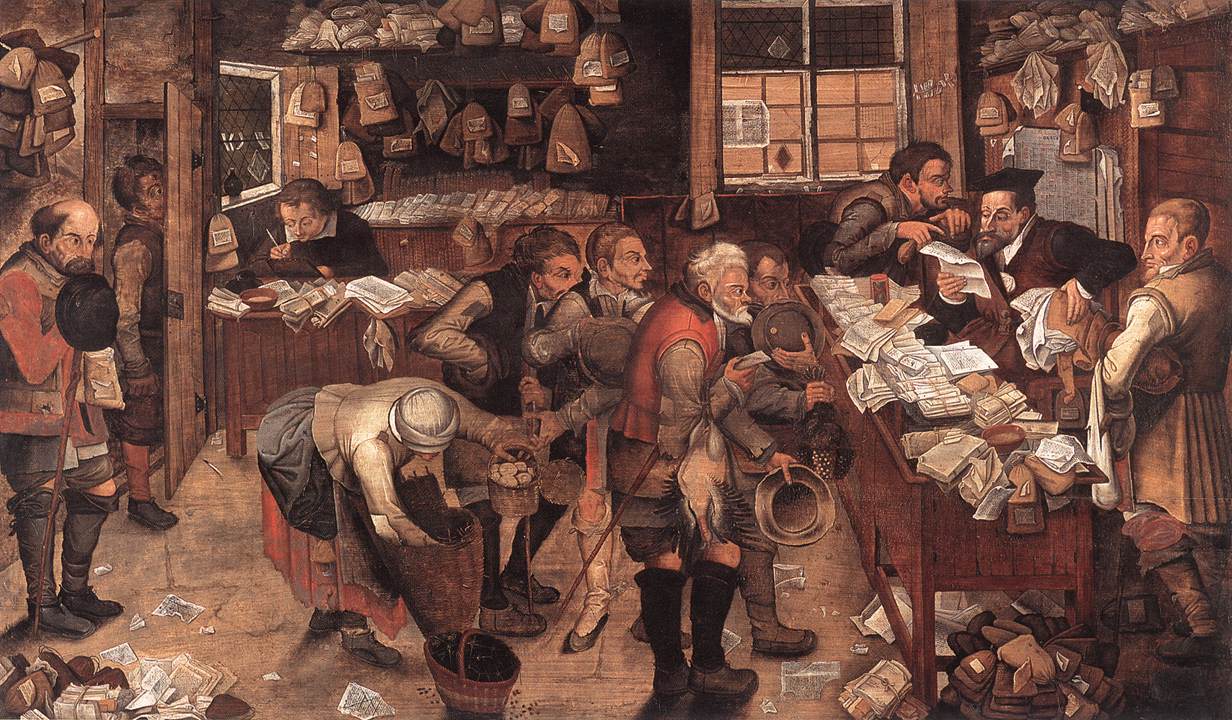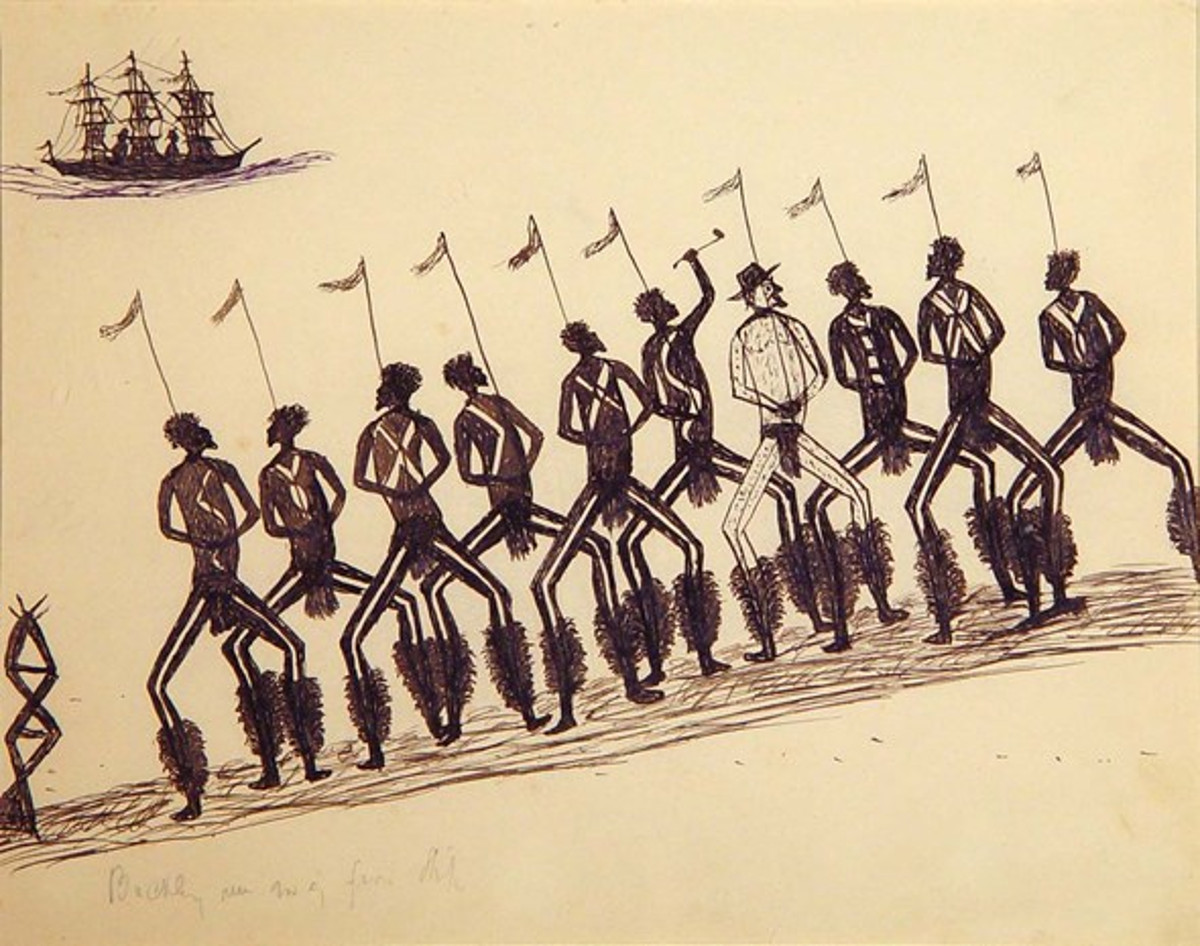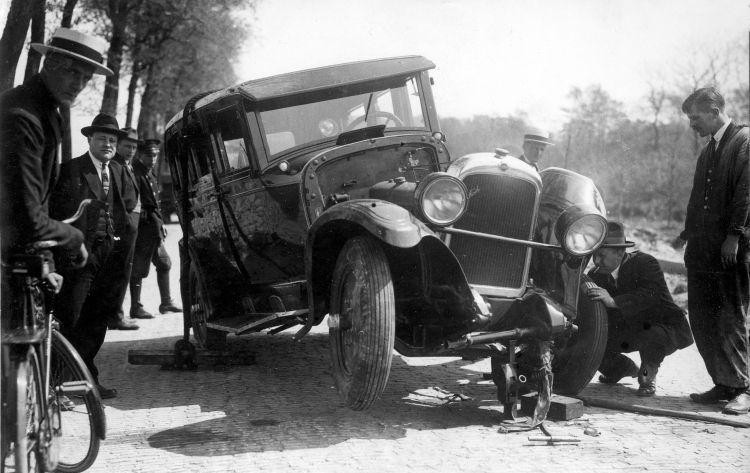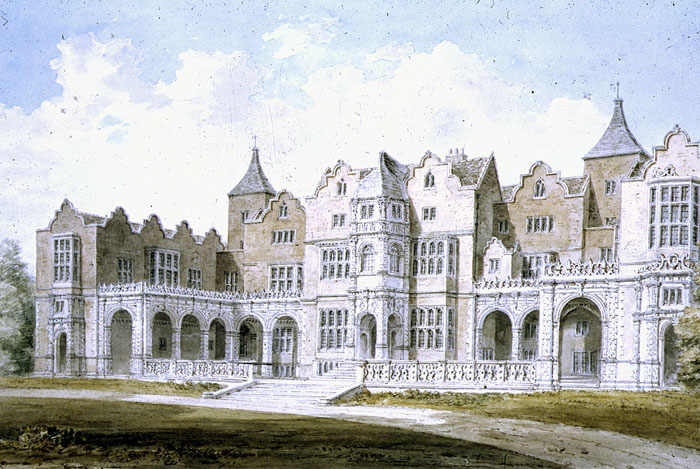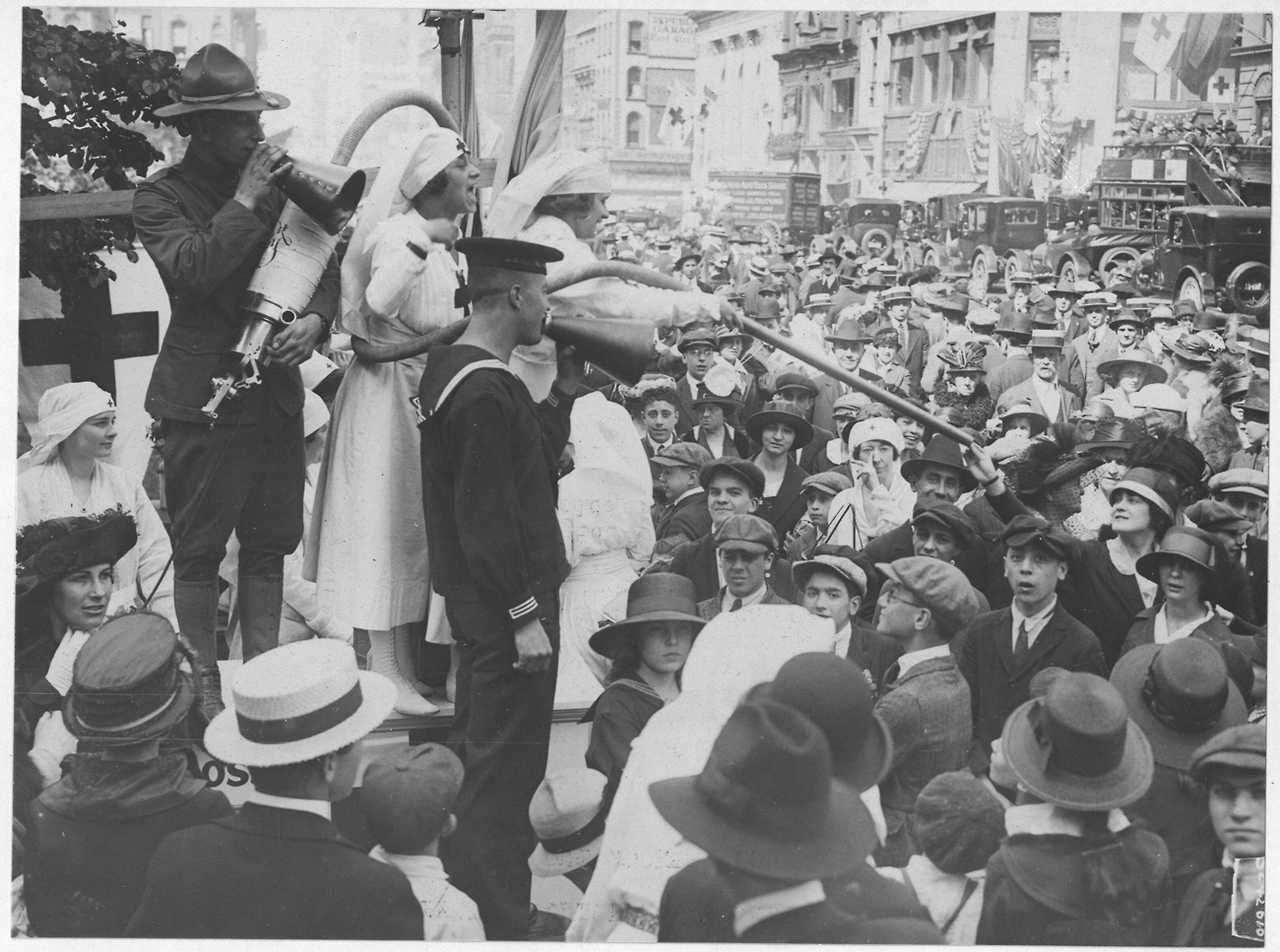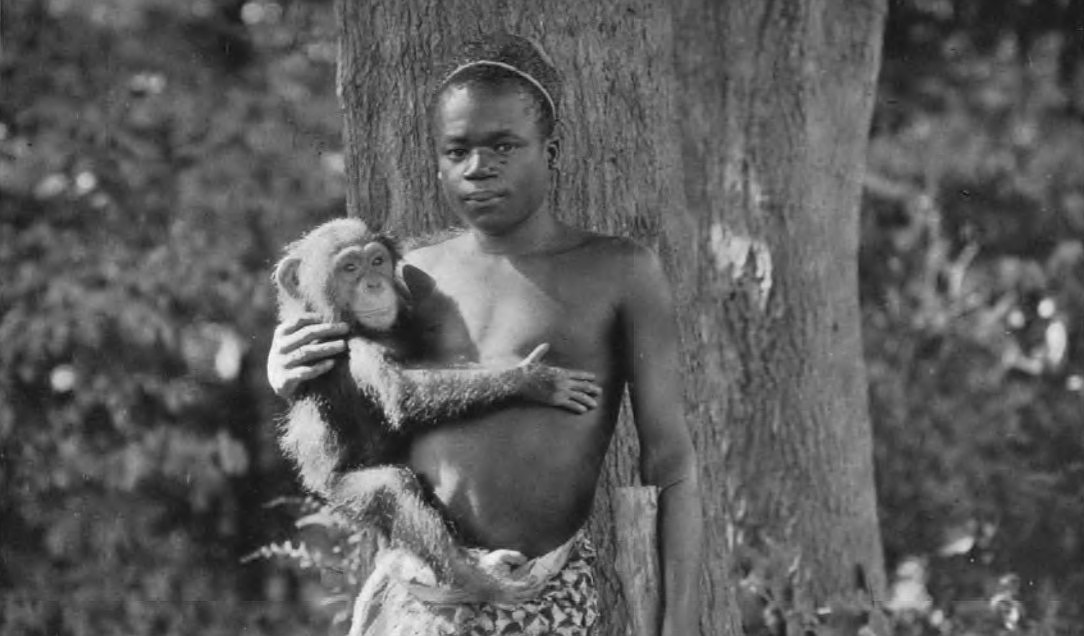Hold on to your seats, boys. This one gets complicated.
It seems that on Aug. 12, 1940, there occurred an automobile collision at Forty-second avenue S. and Forty-second street.
A car driven by Leo R. Johnson, Hopkins, and owned by Frank M. Anderson, 2912 Sixteenth avenue S., was in collision with one driven by Francis D. Hall, 3413 E. Minnehaha parkway.
It happened that both owners were insured with the same company, the Westchester Fire Insurance Co., and both had $50 deductible collision policies.
The company paid $65 to Anderson for damages to his car and $300 to Hall for damages to his car.
Then the company started suit in municipal court to recover the money.
Action was started against Hall to recover the $65 paid for damages to Anderson’s car, charging him with negligence, and against Anderson to recover the $300 paid for damages to Hall’s car, charging Johnson, the driver, with negligence. …
Benjamin Rigler, attorney for Hall, then came into court with an answer denying that his client was negligent and charging that the driver of Anderson’s car was the negligent party.
And A.C. Johnston, attorney for Anderson, came into court with an answer denying that Johnson was negligent in driving and charging that Hall was guilty of contributory negligence.
The insurance company then filed replies to both answers, denying them.
Since it denied the answers, it also denied each answer’s charge that the other party was guilty of negligence, and thus denied its own original complaint.
Today the attorneys moved for dismissal on the ground that the reply to the answers was ‘sham and frivolous.’
Municipal Judge William A. Anderson dismissed both cases.
(From William L. Prosser’s The Judicial Humorist, 1952. The author is unknown.)
